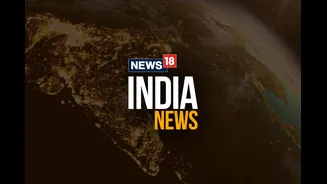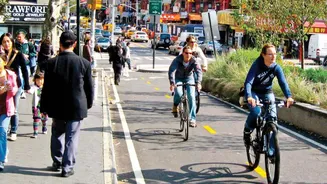Legal Battle Commences
The Uttar Pradesh government has recently taken legal action, challenging a High Court order that annulled specific government directives. These directives concerned
the reservation policies for admissions across four medical colleges within the state. This legal challenge marks a significant development, bringing to the forefront the contentious subject of reservation in educational institutions. The High Court's decision to invalidate the government's orders has prompted the state government to seek redress. The ensuing legal battle is set to scrutinize the existing reservation frameworks and will likely influence future approaches towards equitable access within the realm of medical education. The core of the disagreement revolves around the methods and legal basis of implementing reservation policies, which the High Court deemed questionable.
Reservation Policy Details
The specific details of the government orders that were quashed by the High Court are central to this legal conflict. These orders outlined the stipulations for reserved seats within the four medical colleges. The government's policy aimed to ensure representation from various social groups as per the defined reservation criteria. These policies are often created with the goal to promote inclusiveness and provide opportunities for students from marginalized backgrounds. The High Court's ruling essentially found these reservation strategies to be deficient in their procedural or legal foundation, thus prompting the state government to take further action. The government is arguing that the High Court's decision impedes its goal to make educational opportunities more inclusive, particularly for the underprivileged sections of society.
High Court's Concerns
The Allahabad High Court's primary concerns that led to its ruling are critical to grasping the full context of this legal dispute. The court scrutinized the government orders, raising questions about their legality and execution. The ruling suggests that the High Court found flaws in how the reservation policies were formulated or implemented. These issues might range from the validity of the basis for the reservations, adherence to established legal procedures, or the equitable distribution of reserved seats. The court's role includes safeguarding fairness and upholding the rule of law. Therefore, the High Court would have carefully evaluated if the government's orders complied with existing laws and regulations. By presenting these points of contention, the judiciary has brought to attention a significant problem to the government's approach to implementing reservation policies in the education sector.
Implications and Future
The legal challenge initiated by the Uttar Pradesh government has broad implications, especially for educational policies within the state and potentially across India. The court's final decision will likely shape the way reservations are structured and applied in medical colleges and other educational institutions in the state. Furthermore, the outcome could also set a precedent for other similar cases across India. If the government's challenge is successful, it would validate its approach to promoting inclusive education. If the High Court's original decision stands, the government would be required to reassess and revise its strategies to be in compliance with judicial guidelines. The case is poised to affect the future educational opportunities for students and highlight the significant intersection between law, policy, and social equity.














